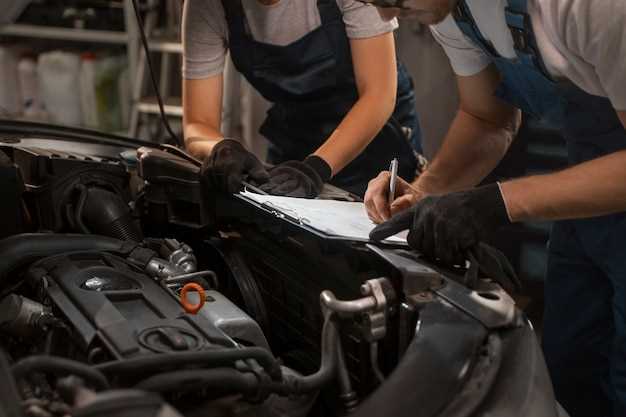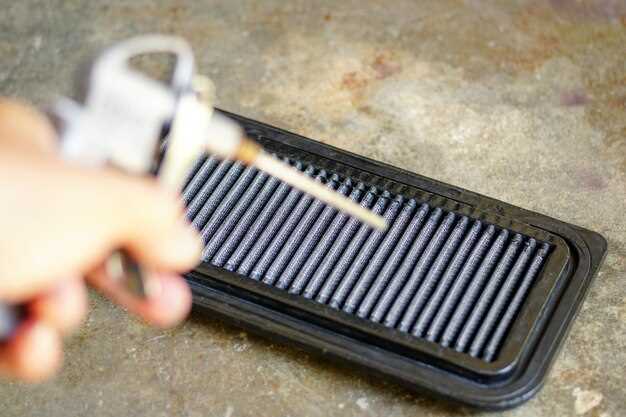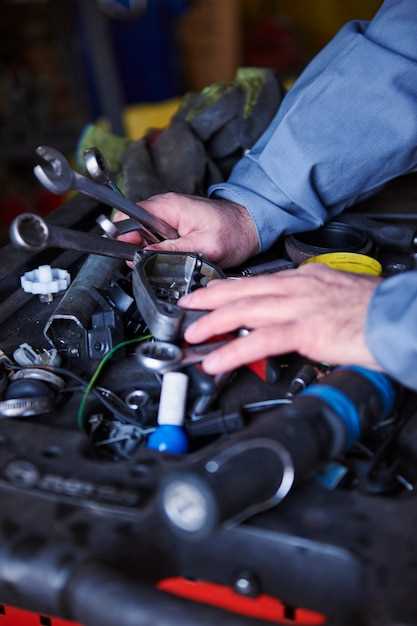
When it comes to maintaining the performance and reliability of your BMW, the radiator plays a crucial role. A malfunctioning radiator can lead to overheating, which may result in severe engine damage. Understanding the costs associated with a radiator replacement in your BMW is essential for every owner. In this article, we will delve into the average expenses you can expect, along with expert tips to help you navigate the process.
Replacing a radiator in a BMW can vary significantly depending on the model and year of your vehicle. Generally, the costs will encompass both parts and labor. Factors such as the location of the repair shop, the technician’s expertise, and whether you choose original equipment manufacturer (OEM) parts or aftermarket alternatives will influence the total price. Knowing what to anticipate can save you from unexpected expenses.
In addition to understanding replacement costs, it is vital to be equipped with practical knowledge regarding the signs that indicate a radiator issue. This proactive approach will not only help in extending the lifespan of your vehicle but will also ensure safer driving experiences. Join us as we explore effective tips and insights that can assist BMW owners in making informed decisions about radiator maintenance and replacement.
Average Costs for BMW Radiator Replacement by Model

The cost of radiator replacement for BMW vehicles can vary significantly based on the model, year, and the complexity of the installation. On average, the price for a radiator replacement ranges from $600 to $1,500, including parts and labor.
For BMW 3 Series models, the replacement cost typically falls between $600 and $1,000. This model is popular and widely serviced, making parts more accessible and labor costs reasonable.
The BMW 5 Series tends to have higher replacement costs, usually between $800 and $1,200. The larger size and additional components can contribute to the increase in overall expenses.
When it comes to the BMW X5, the average cost for radiator replacement can range from $1,000 to $1,500. This SUV requires more time and specialized skills for installation due to its size and engine configuration.
For the high-performance BMW M models, such as the M3 and M5, replacement costs can exceed $1,500. These vehicles often feature advanced cooling systems and higher-quality radiators, resulting in increased parts and labor expenses.
It is advisable for owners to consult with a certified BMW technician to get an accurate estimate based on their specific model and the condition of their vehicle. This proactive approach can help avoid unforeseen costs that may arise during the replacement process.
Signs Your BMW Needs a Radiator Replacement

Recognizing the signs that your BMW may need a radiator replacement is crucial to avoid costly repairs and maintain optimal performance. One of the first indicators is overheating. If the temperature gauge frequently rises above normal levels, it may suggest a failing radiator.
Another warning sign is coolant leaks. If you notice puddles of coolant under your vehicle or a low coolant level in the reservoir, this could indicate that your radiator is compromised and requires attention.
Additionally, pay attention to engine performance. Unusual engine noises, a decrease in power, or poor fuel efficiency may signal an underlying radiator issue affecting the cooling system.
Lastly, watch for rust or corrosion on the radiator itself. Any visible damage or deterioration can significantly impact the radiator’s ability to function correctly, making replacement necessary. Promptly addressing these symptoms will help you manage the cost and ensure your BMW’s longevity.
Steps to Reduce BMW Radiator Replacement Expenses
Replacing a radiator in a BMW can be a significant expense, but there are several strategies to minimize costs. Follow these steps to effectively reduce your BMW radiator replacement expenses:
1. Regular Maintenance: Keeping up with regular maintenance can prevent larger issues that may lead to the need for radiator replacement. Regular checks of coolant levels, hoses, and overall radiator condition can help detect problems early.
2. DIY Inspection: Conduct your own inspections periodically. Look for leaks, corrosion, or damage. If you are familiar with car repairs, you may be able to spot issues before they require a full replacement.
3. Compare Prices: Shop around for the best prices on replacement radiators. Check online retailers, local auto parts stores, and salvage yards. Different suppliers may offer significant price variations.
4. Consider Aftermarket Parts: While OEM (Original Equipment Manufacturer) parts are often recommended, aftermarket options can be more affordable and still provide reliable performance. Ensure that the aftermarket part meets quality standards before purchasing.
5. Seek Professional Help Wisely: If you’re not comfortable with DIY repairs, choose a reputable mechanic with experience in BMW repairs. Don’t hesitate to obtain multiple quotes to find competitive prices, allowing you to make an informed decision.
6. Join Automotive Forums: Engaging with community forums related to BMW ownership can provide valuable insights and recommendations. Members often share tips on cost-effective repairs and may even offer parts at lower prices than retailers.
7. Warranty Consideration: If your BMW is still under warranty, check for radiator coverage, as some issues may be eligible for repair without additional costs. Familiarize yourself with the warranty terms to avoid unexpected expenses.
8. Recycling Old Parts: If you end up replacing the radiator, consider recycling the old one. Many auto parts stores and scrap yards offer cash for used radiators, which can help offset your replacement costs.
By following these steps to reduce BMW radiator replacement expenses, you can save money while ensuring your vehicle remains in top condition.



